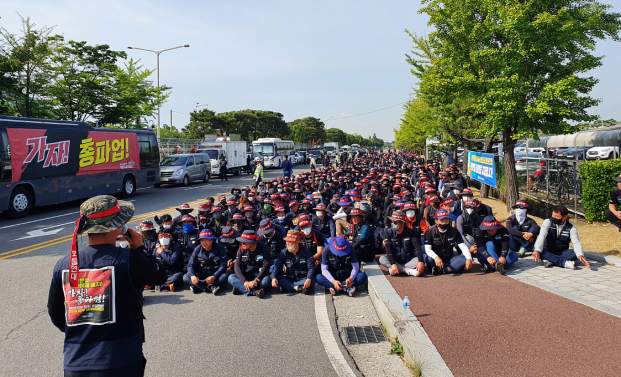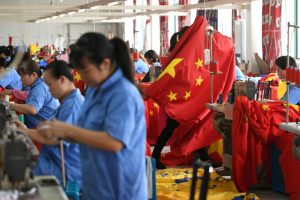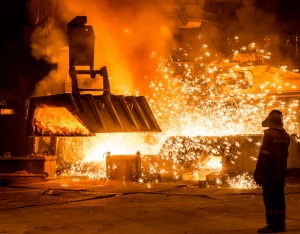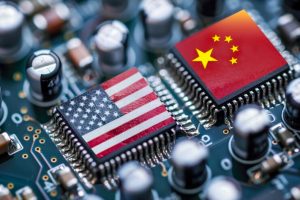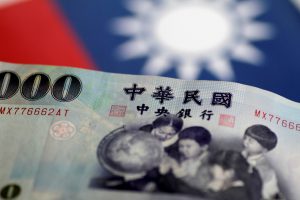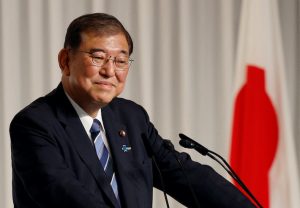South Korea’s supply chain woes look set to get even worse after a national trade union said it would launch a general strike on Tuesday in support of the country’s striking drivers.
The truckers’ walkout has seen nearly 100 petrol stations across the country run dry and supply chains in one of Asia’s economic powerhouses severely affected.
The strike over a minimum pay programme, which began on November 24, has seen two negotiation sessions between the union and the government, but so far no breakthrough.
As supplies of fuel and construction materials run low, the South Korean government has stepped up the pressure to end the strike.
Also on AF: Asia Shares Mixed on Fed Fears, China Covid Curbs Easing
President Yoon Suk Yeol on Sunday ordered preparations to issue a return-to-work order for drivers in sectors such as oil refining and steelmaking, where additional economic damage is expected. Yoon last week invoked such an order, the first in the country’s history, for 2,500 truckers in the cement industry.
The Korean Confederation of Trade Unions (KCTU), an umbrella union under which the truckers’ union falls, has called the President’s “start work” order the equivalent of martial law and says the government should negotiate.
The KCTU said it had planned a walkout on Tuesday to support the truckers’ protests.
As of Monday afternoon, nearly 100 petrol stations had run out of fuel. About 60 per cent of them were in Seoul and Gyeonggi province, a densely populated region near the capital, according to Korea National Oil Corp data.
That is up from the 21 petrol stations that the industry ministry had said were out of fuel on November 28.
Amid soaring fuel costs, as many as 25,000 truckers are calling on the government to provide a permanent minimum-pay system known as the “Safe Freight Rate”, which was introduced temporarily in 2020 for a small portion of more than 400,000 truckers.
Yoon Administration Standing Firm
In their second strike in less than six months, those truckers are fighting the bitter cold and the government’s narrative that they are well paid “labour aristocracy”.
The Yoon administration has said it would not give in to the union’s demands. The government has said it would extend the current programme for three more years.
The impact of a general strike is unclear and depends on participation, said Han San Jjin, a KCTU spokeperson.
Labour minister Lee Jung Sik said on Monday that a general strike would not win public support.
The strikes have disrupted South Korea’s supply chain, and cost more than 3.2 trillion won ($3.2 billion) in lost shipments over the first 10 days, the industry ministry said on Sunday.
Losses are expected to have grown in various industries, but traffic at ports has slightly improved to 69 per cent of its pre-strike average since the back-to-order was issued, according to the government.
- Reuters with additional editing by Sean O’Meara
Read more:
S Korea to Widen Back-to-Work Order as Truckers Strike Bites
South Korea’s Yoon Warns of Crackdown on Truckers Strike




